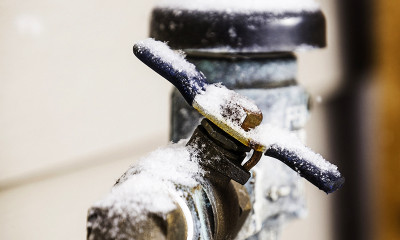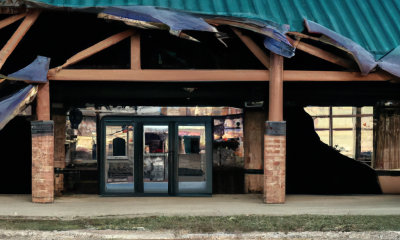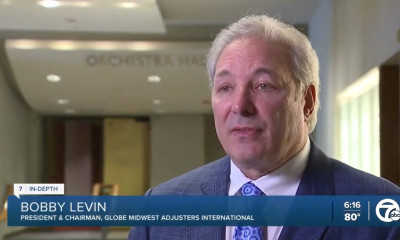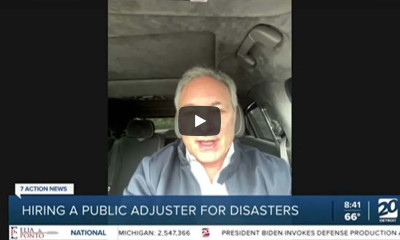Here are five tips to keep you, your family, and colleagues safe from a fire:
1. Be Alert When Cooking.
Unattended cooking practices are the most prevalent cause of fires in homes according to the National Fire Protection Association (NFPA). When cooking, be sure to practice fire safety measures and never leave the stove top unattended. It only takes a short amount of time for a grease spill to get out of control. Additionally, be cognizant to place flammable materials such as cloth potholders, or towels away from stove burners. Keep a fire extinguisher close by and know how to use it in the event of an emergency.
2. Understand Best Practices When Using Candles and Heating Equipment.
Candles and heating equipment, such as furnaces and space heaters, also make up a large portion of property fires. Candles should be blown out when not in use and be at least 12 inches away from flammable materials. Keep space heaters at least 3 feet away from anything flammable like a rug or cloth furniture and always turn off a portable heater when you leave the room or at the end of the day.
3. Keep Flammable Objects in a Safe Place.
Paint, gasoline, thinners, and other liquid items that are flammable should be stored in a safe location outside the premise where people are typically living or working. These items should be stored in a detached structure such as a garage or shed if they are going to be reused in the immediate future. If these flammable materials are not going to be put to use, they should be disposed of correctly and carefully.
4. Practice Electrical Safety.
Extension cords should never be a permanent fix for hooking up appliances. Avoid plugging too many items into power cords or attaching extension cords together. This is an electrocution and a fire risk.
The U.S. Consumer Product Safety Commission (CPSC) has a home electrical hazards checklist PDF here; and the American International Group (AIG) has a checklist for businesses found here.
5. Have and Practice An Escape Plan.
Once an alarm sounds, you may only have one or two minutes to escape a fire. This leaves little to no time for error in a state of confusion.
Designate two ways out of every room and have a safe place far enough away from your home or business to meet up.
For a helpful PDF on how to make a fire escape plan, visit the NFPA’s website.












